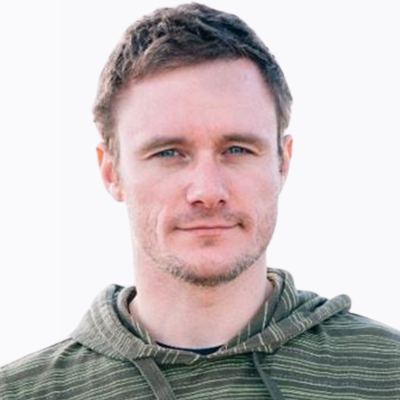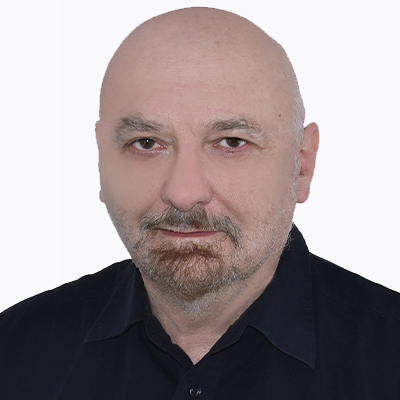When it comes to understanding individual minds, psychology seems ahead of neuroscience, with at least a century of solid research into individuality. We have never known the brain in enough detail to apply neuroscience to individual psychology. But surely the area of psychology most investigated by neuroscience has been psychopathology—disorders of the mind. Most of those brain-scan studies are looking for the differences between the imaginary average brain (see our earlier post The Myth of the Average Brain), and people with ‘problems’ such as the autistic, schizophrenic, or psychopathic.
Until now, the science of mind-brain-individuality has been dominated by psychopathology for the commendable reason that it has been driven by the desire to alleviate human suffering. This seems natural and right, and after all, healthy happy people are not problematic; in other words, “if it ain’t broke, don’t fix it.” Moreover, we in the ‘Western world’ seem to have felt relatively little of the Eastern compulsion to improve on the ‘normal’ mind or to view it as a source of suffering (I’m talking about the Buddhist and Taoist traditions of meditation and internal alchemy).
In fact, until recently, judgments of the health of the mind were previously seen in the West in religious terms–in terms of sin, grace–and demonic possession! Although we claim to have a more sophisticated attitude these days, popular feelings about people with supposed psychological disorders still owe too much to this heritage. Consider the recent idea, popular in social media, about ‘toxic people’ and how to not deal with them. It more or less casts people with mood or personality disorders, or merely people who are socially awkward, as sinners, and the rest of us as virtuous–for being happy. The circulating Facebook memes and blog posts about ‘toxic people’ are ironically unashamed about implying that these are bad people, and that you who shun them are a better person for doing so.
Another reason for the dominance of psychopathology in brain research may be that, however rough life is for everyone, it has been generally more comfortable and affluent,for folks in the western world during the past 100 years, encouraging the luxury of psychotherapy and the idea that happiness is our natural birth-right. I’m not arguing with that!
However, the fact that psychology and neuroscience have progressed in this way means that we think of mind-brain individuality mainly in terms of deficits, dysfunctions, and departures from a ‘normality’ of questionable definition. Which, even for glaring differences like autism and schizophrenia, is not always helpful, nor objectively correct. Conditions, such as autism and schizophrenia, for example, may not even exist in the sense of any clearly identifiable brain characteristics. The research attributing autism to mirror neurons has been contradicted by other studies and the brains of autistic individuals do not definitely share any traits that distinguish them from the non-autistic; they are each unique, like all of us. Their brains are in fact so different from each other that it raises the question of whether the “autistic spectrum” is more than just a term for lumping together people who have deficits in social functioning for many different reasons.
This idea, which I will call ‘the individuality of pathology,’ resonates strongly with a conceptual revolution now beginning to well up from, more than anywhere else, the autistic-spectrum community, where many refer to themselves as neurologically ‘atypical’—implying that the uniqueness of their minds is simply that, and not necessarily a disorder. Certainly I wouldn’t want to force a ‘cure’ on any of the para-autistic coders and mathematicians I’ve known! It is possible that one day, the idea of curing people who think very differently from a particular expectation may be regarded as we now regard the tragic efforts to ‘cure’ homosexuality that were socially acceptable less than 50 years ago.
This points to a deeper and more pervasive revolution in the science of the mind—to understand individuality. Whether we wish to understand the autistic or simply our individual preferences, we need to look to a much more detailed physiology of cognition than departures from an imaginary average brain. After all, if we don’t understand the human spectrum how can we draw borders between function and dysfunction?
Dr. Aaron Nitzkin has a PhD in Cognitive Linguistics and an interest in cognitive science and the philosophy of mind.
















